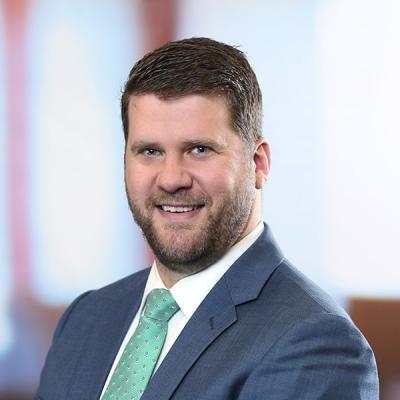Governor Baker Issues Order Requiring Closure of All Businesses Except Those Providing Essential Services and Prohibiting Gatherings of More than 10 People
On March 23, 2020, Governor Charlie Baker issued an Executive Order requiring all businesses and organizations that do not provide COVID-19 Essential Services to close their physical workplaces and facilities. The Order also prohibits gatherings of more than 10 people within any confined indoor or outdoor space. The following week, Governor Baker issued a related Order extending the effect of the Executive Order to May 4, 2020 and updating its list of Essential Services. Violations of the terms of the Order shall be punishable by criminal penalties or by a civil fine of up to $300 per violation.
Temporary Closing of Businesses Not Providing COVID-19 Essential Services
Within the Order, Governor Baker urges organizations that provide “COVID-19 Essential Services” to continue operations during the current emergency, but to do so with allowance for social distancing protocols that are consistent with guidance provided by the Massachusetts Department of Public Health. At Exhibit A to the Executive Order, the list of designated businesses and organizations providing “COVID-19 Essential Services” includes many of those operating in the following industries:
- Healthcare/Public Health;
- Law Enforcement, Public Safety, and First Responders;
- Food and Agriculture;
- Energy;
- Water and Wastewater;
- Transportation and Logistics;
- Public Works and Infrastructure Support Services;
- Communications and Information Technology;
- Other Community, Education, or Government Based Operations and Essential Functions;
- Critical Manufacturing;
- Hazardous Materials;
- Financial Services;
- Chemical;
- Defense Industrial Base;
- Commercial Facilities;
- Residential/Shelter Facilities and Services;
- Hygiene Products and Services; and
- Construction-Related Activities
The Order directs all other businesses and organizations to “close their physical workplaces and facilities to workers, customers, and the public” during the time that the Order remains in effect. These businesses are, however, encouraged to continue operations through remote means that do not require workers, customers, or the public to enter at physical workplaces and facilities closed by the Order.
Limitation on Gatherings
Additionally, the Order prohibits gatherings of 10 or more people throughout the Commonwealth, including any community, civic, public, leisure, faith-based, or sporting events and any concerts, conventions, fundraisers, parades, fairs, festivals, weddings, funerals, and any similar activity that brings together more than 10 people in any confined indoor or outdoor space.
This limitation on gatherings of 10 or more people “does not apply to the operations or activities of any business or organization in its provision or delivery of COVID-19 Essential Services.”
Limited Exceptions
The Order provides three exceptions and shall not apply to: (1) any municipal legislative body or to the General Court or to the Judiciary; (2) Residential schools for special needs children, and public and private elementary and secondary (K-12) schools in the Commonwealth, which remain subject to the March 15, 2020 Order Temporarily Closing All Public and Private Elementary and Secondary Schools; and (3) Child care programs within the Commonwealth, which remain subject to the March 18, 2020 Order Temporarily Closing All Child Care Programs and Authorizing the Temporary Creation and Operation of Emergency Child Care Programs.
Implementing Guidance and Enforcement
The Department of Public Health continues to issue guidance, subject to Governor Baker’s approval, as necessary to implement and enforce the terms of the Order. Violations of the Order or corresponding DPH guidance will be punishable as a criminal penalty or a civil fine of up to $300 per violation. The District Courts shall have jurisdiction to hear criminal complaints for violations of the Order and motions for an injunction to enforce the Order’s terms.
For help negotiating the Governor’s Order, the DPH guidance, or other issues relating to the COVID-19 pandemic, please contact the authors or any member of the firm’s Government Law Practice.


